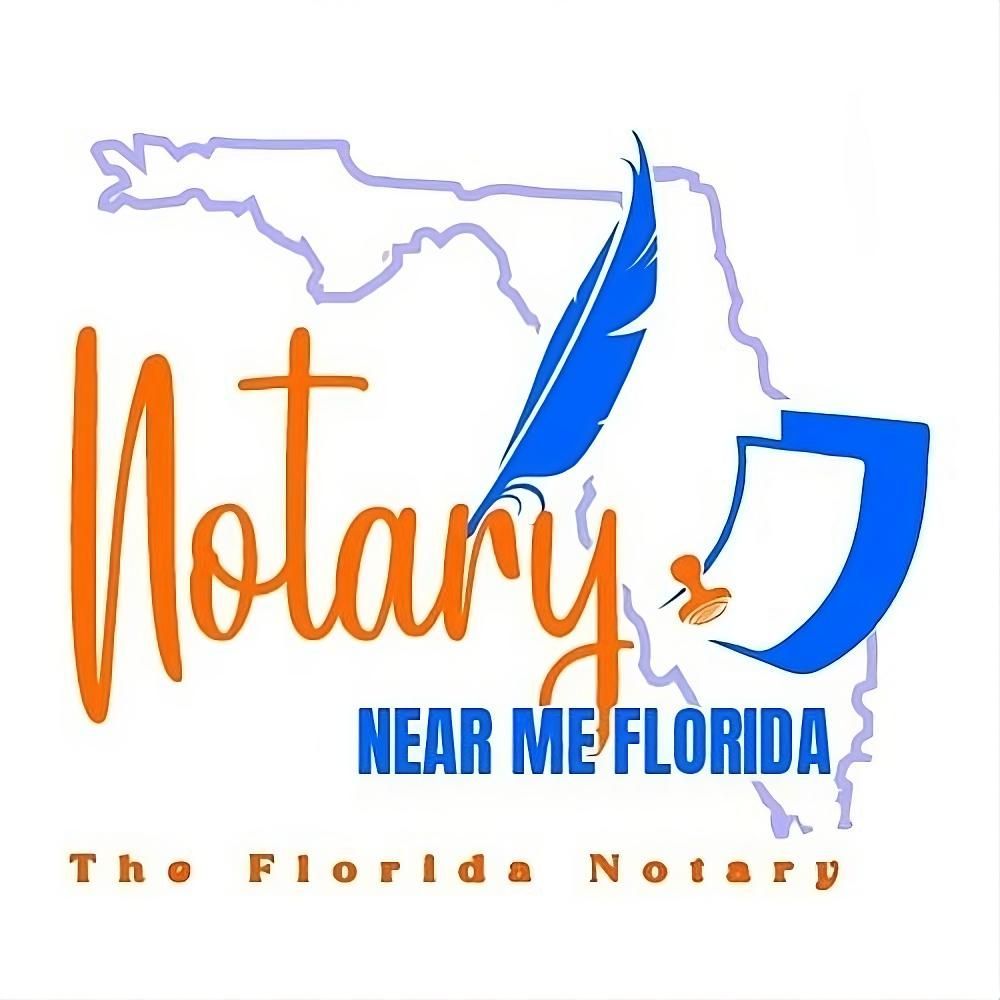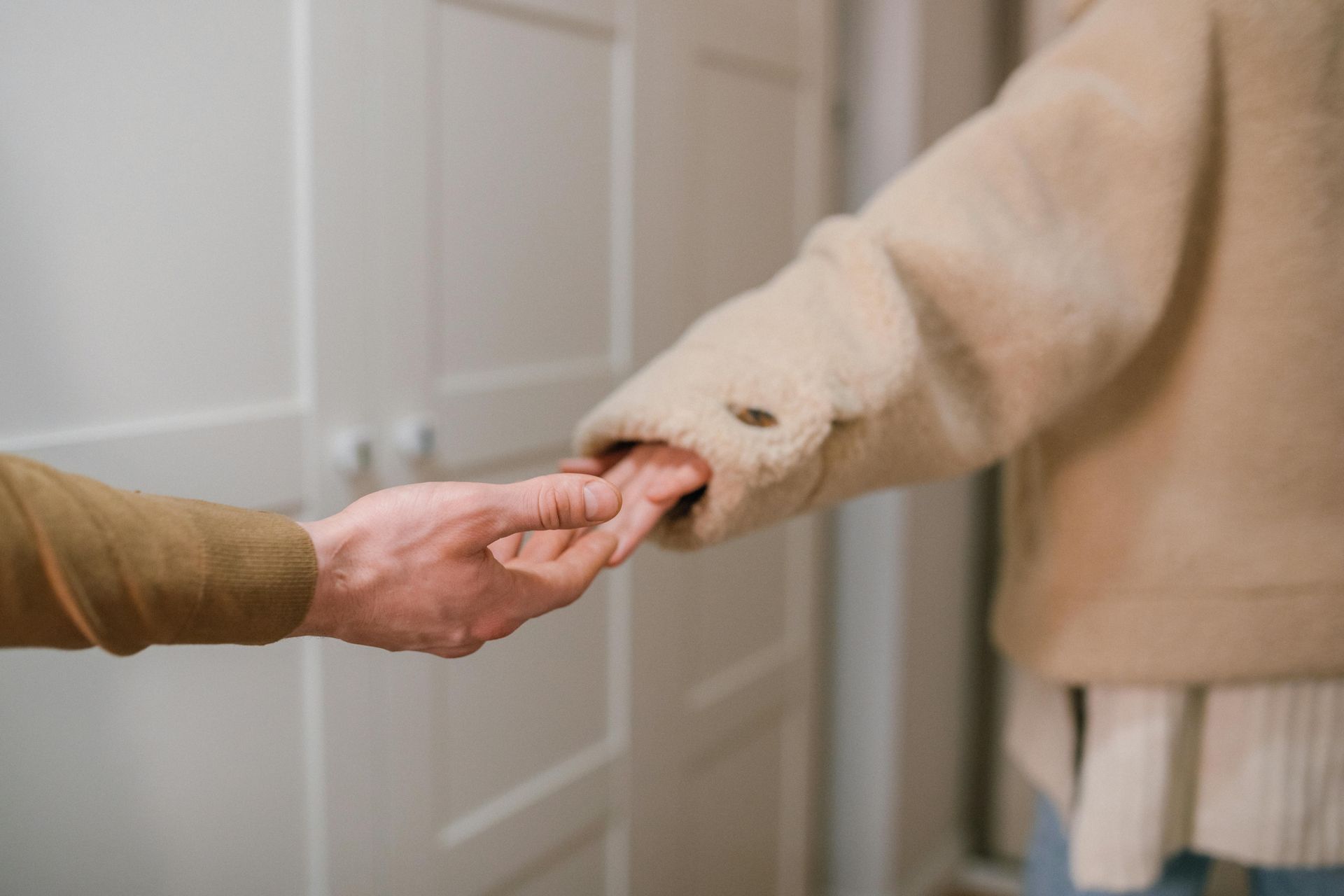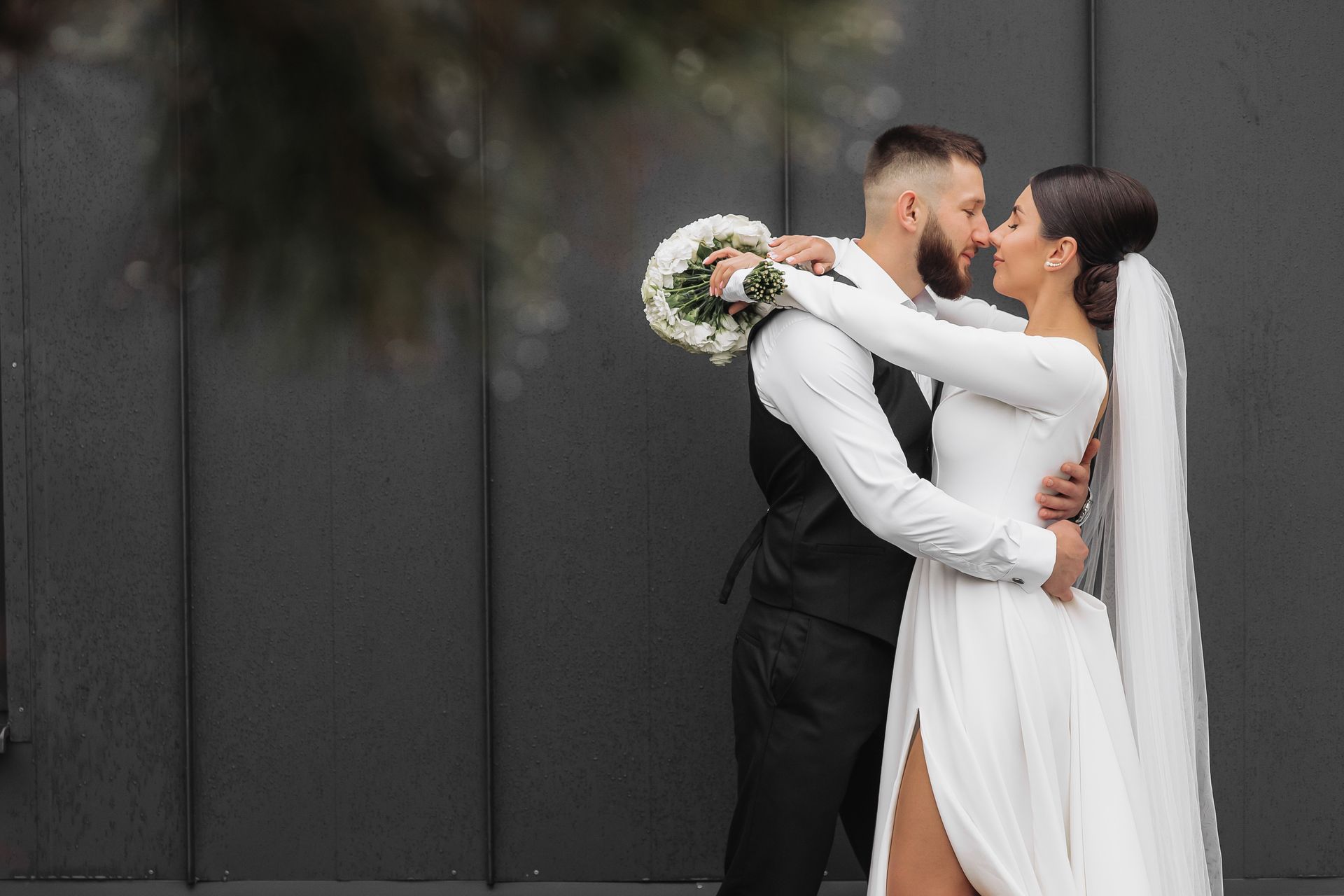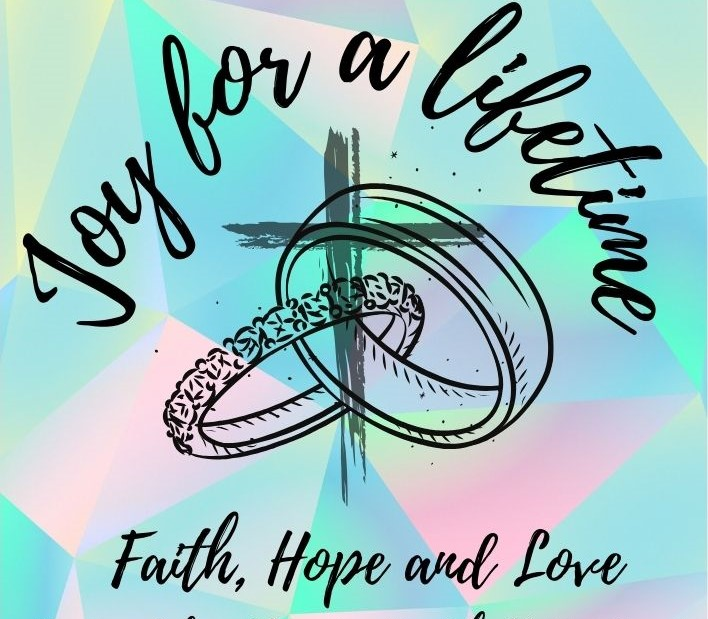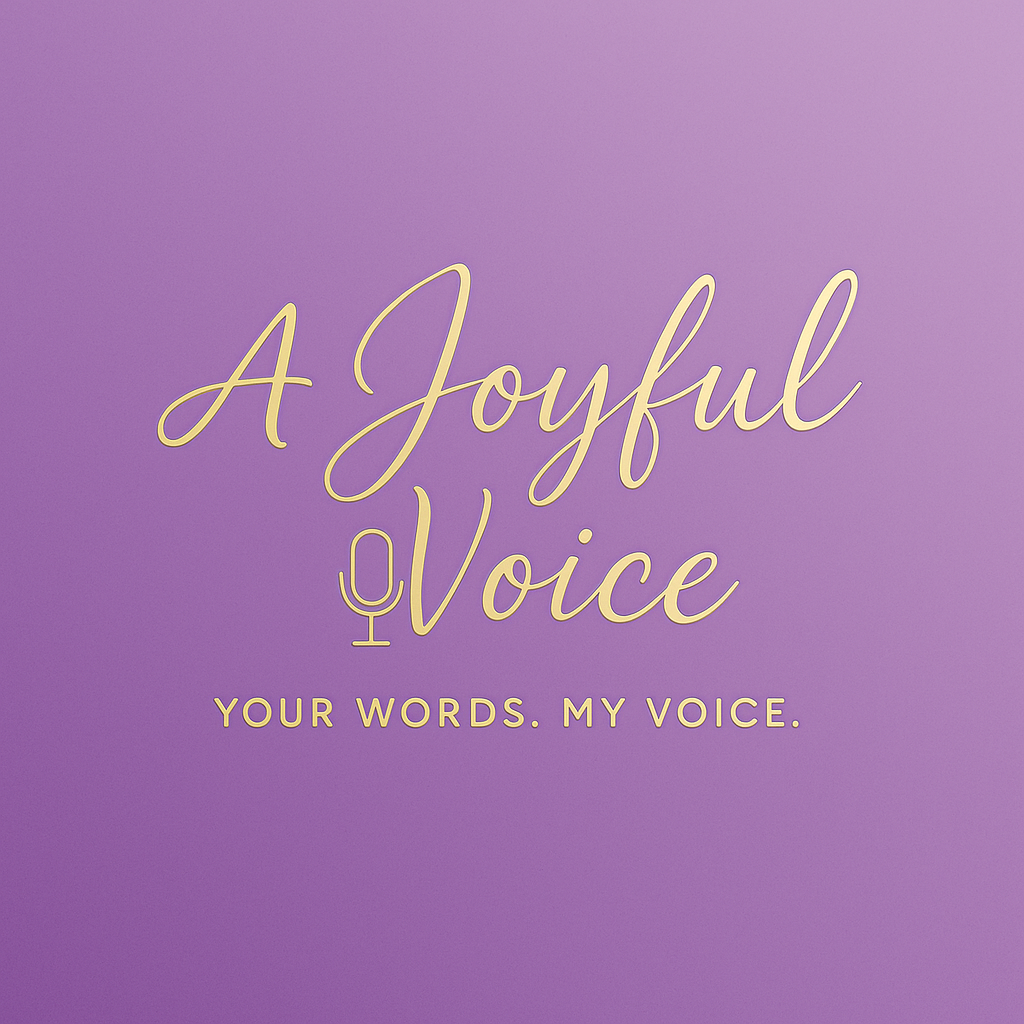The Stamp Isn’t Enough: What Florida Notaries Can’t Do—and Why Your Document May Still Be Rejected
They just needed a quick signature.
Or so they thought.
When Robert and Melissa arrived at the rehab facility to finalize paperwork for Melissa’s aging mother, they were confident they had everything in order. The form they brought—downloaded from a popular legal site—had a section labeled “Notary Use Only,” a signature line, and even a seal box. What else could possibly be needed?
Turns out, a lot.
As a mobile notary, I meet people like Robert and Melissa every week. They’re often managing urgent, emotional situations—hospital discharges, real estate deadlines, or legal transitions. They assume that if a document has a place to sign and room for a seal, it’s good to go.
But when I reviewed their Power of Attorney form, I noticed something critical was missing: the proper notarial language required by the state of Florida.
Even though the document had a section for notarization, it lacked several key components. Without those, I couldn’t complete the notarization as-is—and if they had submitted it to the bank or attorney, it likely would have been rejected.
Here’s what most people don’t know: a notary public is not a lawyer.
That means I cannot:
- Interpret or explain a document
- Tell you whether you’ve filled it out correctly
- Provide you with a form
- Fill out a form on your behalf
- Tell you which type of notarization you need
Doing any of the above would be considered unauthorized practice of law, which is strictly prohibited.
What I can do is verify your identity, confirm you’re signing willingly and with full awareness, and administer an oath or acknowledgment based on what your document indicates—or what you tell me is needed. But if your form is missing essential notarial language, I can only move forward by attaching a loose certificate—and even then, it must reflect what’s appropriate for your situation.
Sometimes the signer can choose between an acknowledgment and a jurat. Other times, the document itself dictates which one is required. When it’s unclear, I always recommend you ask the receiving institution or consult with an attorney.
So what exactly does a Florida notarization need in order to be accepted?
According to Florida law, a notarial certificate must include nine required elements:
- Venue (State of Florida, County of [Name])
- Type of notarial act performed (e.g., acknowledgment or oath/affirmation)
- That the signer personally appeared before the notary or appeared via online notarization
- Date of the notarization
- Name of the person(s) whose signature is being notarized
- Form of identification used to verify identity
- Signature of the notary
- Typed/printed/stamped name of the notary
- Official notary seal
If your document’s notarization section is missing any of these—and it often is when using templates or out-of-state forms—it may be rejected by the receiving party. That’s why a Florida-compliant loose certificate (acknowledgment or jurat) is sometimes added to complete the process correctly and legally.
Here’s how we resolved it for Robert and Melissa.
After reviewing the document together, they contacted the receiving institution, confirmed that an acknowledgment was acceptable, and I attached a compliant Florida loose certificate. We made sure both required witnesses were present, verified IDs, and got the form signed, sealed, and ready for submission.
They left that rehab facility relieved—because their notarization was finally legal, valid, and complete.
At Notary Near Me Florida, this is what we do. We bring peace of mind and professionalism to the people and places that need it most—without delay or confusion. Whether you’re at home, in a facility, or halfway across the country, we’ll meet you where you are and make sure your notarization is done right.
Note: This article reflects Florida notary requirements. While many states have similar guidelines, individuals outside of Florida should contact their own state’s Secretary of State to confirm what is required in their jurisdiction.
Need a mobile or online notary you can trust?
Call or Text: 813-239-4117
Visit: www.notarynearme-florida.com
I’m Claudia Mitchell-McLeod with Notary Near Me Florida — making legal documents legal, and weddings joyful.
